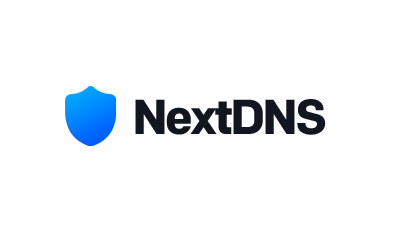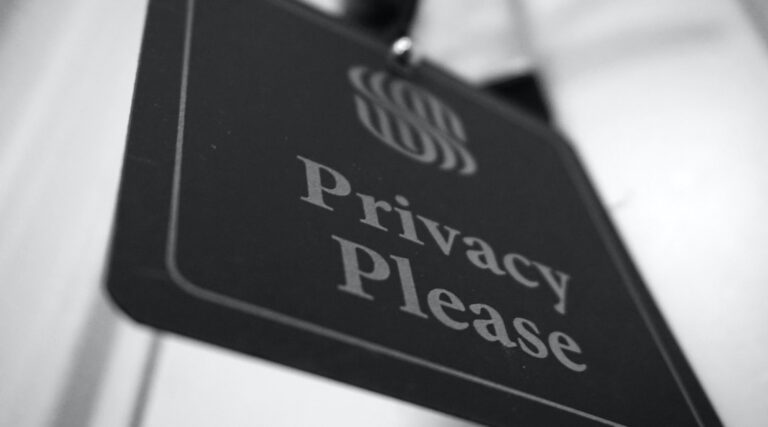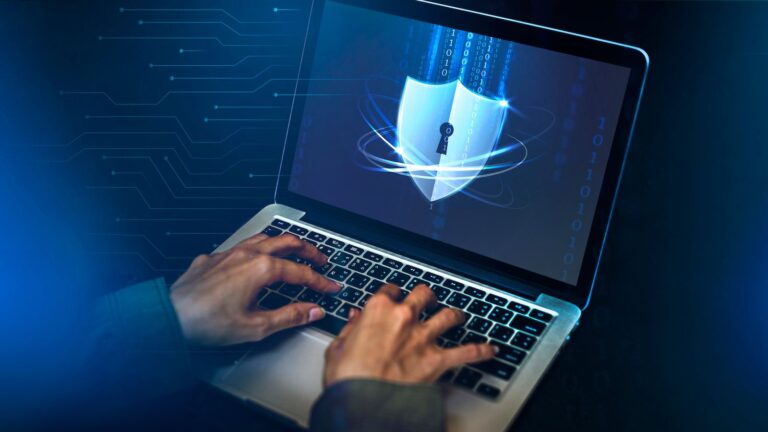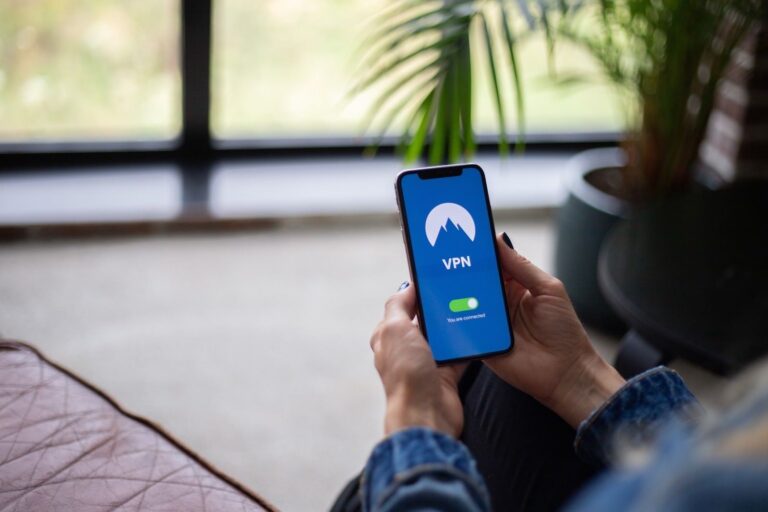Online privacy is a hot topic, and for good reason. With the rise of social media platforms like Facebook, people have been sharing more about their lives than ever before. As these platforms continue to grow in popularity, you must know your rights as an internet user. In this blog post, we’ll discuss how your online privacy can be protected and what some of the biggest threats are to those protections.
Many people think that online privacy isn’t important because they don’t do anything wrong or illegal on the internet, but it is a big deal. The more you share and put out there, the harder it will be to protect your identity in the future. Anyone can swipe through Facebook posts from years ago and figure out who someone is. Everyone has something that they don’t want the public to know about, but it is becoming increasingly more difficult to keep privacy.
Why Does Internet Privacy Matter?
Online privacy matters because your information can be used against you in ways you don’t expect it to be. In a digital world of surveillance, internet privacy is becoming more and more important. In the pursuit of safety, security, and convenience, we have given up our right to an online life that is not recorded by third parties. However, there are steps you can take to reclaim your privacy.

Special VPN Deal
Get VPN protection from NordVPN, one of the most reliable VPN companies in the world, for just $3.99/month!
Internet Behaviors That Impact Your Privacy
Internet behaviors can impact your online privacy in negative ways. For example, some websites and apps track your location and sell it to others to make a profit. This means you could be sharing information with more people than you think even when it comes down to simple things like where you live or what stores might be around the corner from your house.
You could be sharing information with more people than you think.
Another internet behavior that impacts privacy is how much you share on social media. For example, if you post your phone number or address on Facebook, it becomes public information that anyone can access. Even if you have a private account, someone could take a picture of what your profile looks like and post it online for the world to see.
Ways to Protect Your Privacy and Security on the Internet
Tweak the Social Media Privacy Settings
There are many ways that you can protect your privacy online. For example, some apps have a feature where you can make posts private or invisible for certain people. You could also set up security alerts so if someone is trying to access your account from a different location, it will alert you.
Use Multiple Email Address for Different Purposes
Another way to protect your privacy is to use a different email address for different activities. For example, you could have one email for personal things and another email for work-related things. This way, if someone gets access to one of your emails, they won’t be able to see all of your information.
Use Strong Passwords and a Password Manager
Also, it’s important to use a strong password that is hard to guess. You should also change your passwords regularly and never use the same password for more than one account.
Lastly, you could use a password manager to protect yourself from a lot of potential privacy problems. For example, if someone were to get access to your computer and start poking around in the files, they would only be able to see what you had saved for them if you were using a password manager. With no passwords saved, it will still take time for them to break into any of your accounts because they don’t know the username or password. You could also use a strong master password which is hard to guess and very secure.

NextDNS
NextDNS protects you from all kinds of security threats, blocks ads and trackers on websites and in apps and provides a safe and supervised Internet for kids — on all devices and on all networks.
The best password manager
We all know that we should have different passwords for each account. We also know that it’s hard to come up with a password that is both secure and memorable.
This is where the 1password app comes in handy. It stores your passwords, so you don’t need to remember them or write them down anywhere. And it creates strong, unique passwords for every site you visit, so you can rest easy knowing your accounts are safe from hackers. The best part? You can access this information on any device – phone included! All of your data will be encrypted and protected by a single master password which only YOU know and everyone else has no way of guessing because they’re not stored locally as traditional apps do. Best of all: even if someone does get ahold of your password, they will have a hard time guessing it because the app never displays what you type.
I use this tool for my whole family. I find it to be very helpful, and it helps me protect my privacy on the internet.
Conclusion
Online privacy is important because it protects you from people who might want to use your information against you. It’s important to be aware of how your internet behaviors impact your privacy and take steps to protect yourself. There are many ways to do this, so be sure to find the ones that work best for you. Thank you for reading!





